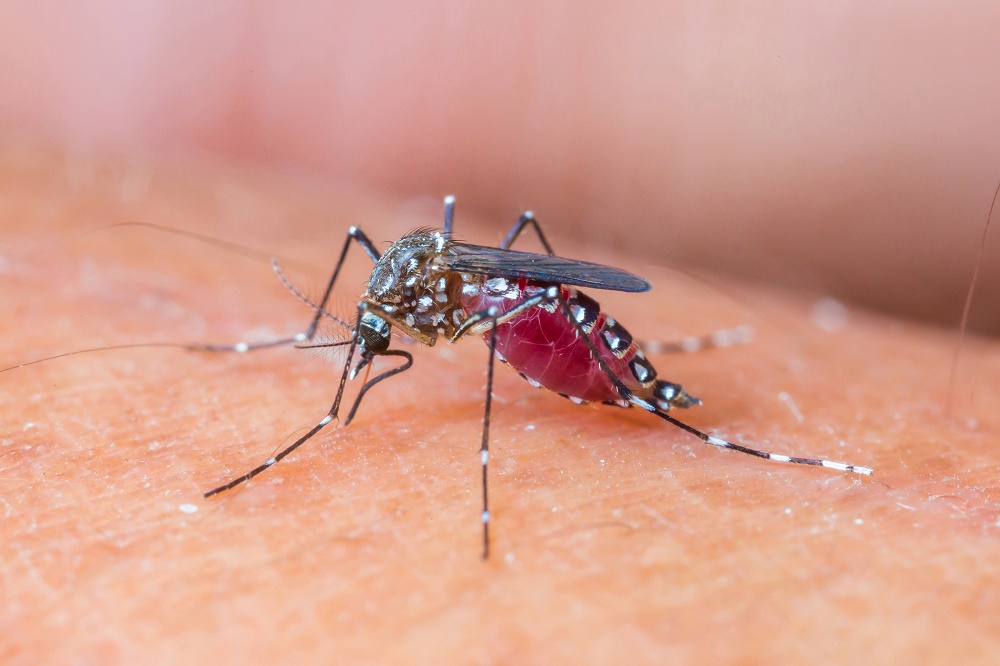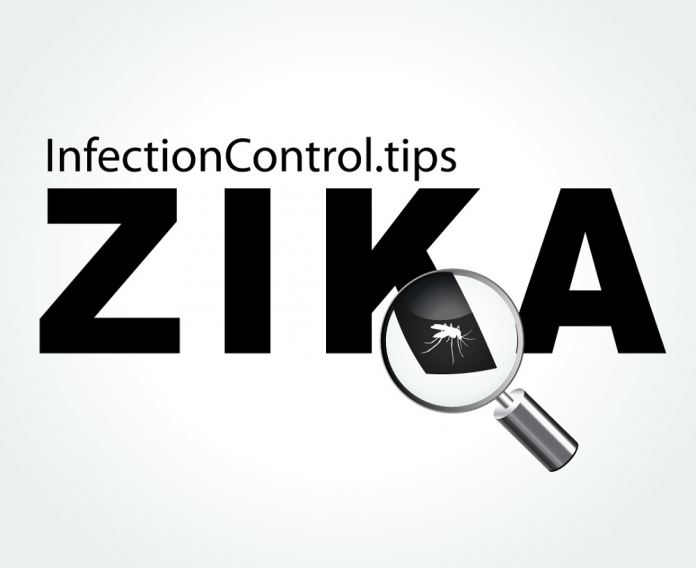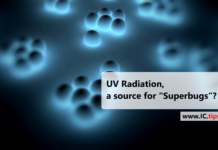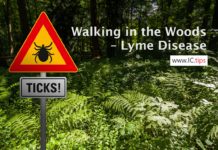Abstract:
The Pan American Health Organization has recently published an Epidemiological Alert (December 3, 2015) for Zika virus and its correlation to more serious neurological and autoimmune diseases. Zika virus is a tropical, mosquito-borne illness that typically presents with mild symptoms. The transmission, treatment and prevention strategies of Zika virus are outlined below.
Main Article:
Zika virus (ZIKV) is a virus that was first isolated in a Rhesus Monkey in 1947 in the Zika Forest of Uganda. Transmission to humans was confirmed in 1952 in Uganda and Tanzania, but it wasn’t until 2007 in Micronesia that the first major outbreak of Zika virus fever occurred. The emergence of ZIKV is very close to viruses such as dengue, yellow fever, West Nile virus and Japanese encephalitis (other mosquito-borne illnesses), although ZIKV is generally believed to have milder symptoms.
ZIKV is transmitted through Aedes aegypti (A. aegypti) mosquitos. Unlike most other mosquitos, the Aedes mosquitos feed mostly in the daytime, typically in the morning or late afternoon. With noticeable black and white markings on their body and legs, Aedes mosquitoes are visually distinctive. Only the female of the species bites for blood, as she needs the blood to mature her eggs. Transmission happens when the mosquito bites a Zika-infected person and ingests their blood. The virus then replicates in the mosquito, who then bites another person, and transfers the virus. The mosquito will transfer the virus to everyone she bites in her lifetime. The Aedes mosquito is also a vector for dengue, yellow fever and chikungunya.
Zika virus is a concern wherever the A. aegypti mosquito lives and ZIKV is present. The CDC reports that the virus has been or is active in several countries in Africa, southeast Asia and the Pacific Islands, and more recently in parts of South America and Mexico.
Symptoms
About 75% of people that contract the Zika virus will have symptoms. Typical symptoms of Zika virus fever, which will occur between 3 and 12 days after the bite of an infected mosquito, include:
- mild fever
- rash (small, raised bumps on a patch of flat, pink skin)
- headache
- joint pain
- muscle pain
- muscle weakness
- non-purulent conjunctivitis (pink eyes with no pus)
The disease will run its course in 4-7 days.
Although most cases of the disease are mild, neurological and autoimmune complications have recently been identified in outbreaks in French Polynesia (2014) and Brazil (2015). More research is required to confirm causation, but a correlation has been identified between an increase in microcephaly (smaller head size and incomplete brain development in newborns) and Guillain-Barré syndrome in populations that have experienced Zika outbreaks.
Treatment
Patients presenting with Zika virus fever symptoms should also be tested to rule out dengue. A mosquito can carry and transmit both viruses and the symptoms for dengue are much more severe. There is no cure for Zika virus fever and no preventative vaccine. Treatment is for the symptoms and will include rest, acetaminophen to relieve fever, and plenty of fluids to avoid dehydration.
Prevention
Prevention of Zika virus fever entails preventing bites from infected mosquitos. Practical advice for those living in or visiting Zika hot zones includes:
- Using insect repellents with one of the following active ingredients:
- DEET
- IR3535
- Picardin
- Wearing long-sleeved shirts and long pants
- Emptying standing water from containers, flower pots, old tires, etc. to prevent mosquito breeding
- Sleeping under a mosquito net or in a house/hotel room that has air conditioning and window and door screens

Related Articles:
Malaria, Mosquitoes and Man: Prevention & Control
https://infectioncontrol.tips/2015/11/27/malaria-mosquitoes-and-man-prevention-and-control-tips/
Four lesser known facts about Dengue
https://infectioncontrol.tips/2015/11/12/four-lesser-known-facts-about-dengue/
References:
Dengue Virus: Vector and Transmission (2009). Retrieved from https://denguemu.wordpress.com/vector-transmission/
Neurological syndrome, congenital malformations, and Zika virus infection (2015, December 1) [Epidemiological Alert on Pan American Health Organization website]. Retrieved from http://www.paho.org/hq/index.php?option=com_topics&view=article&id=427&Itemid=41484&lang=en
Zika Virus: Geographic Distribution (2015, December3). [Entry on Centers for Disease Control website] Retrieved from http://www.cdc.gov/zika/geo/index.html
Zika Virus Infection. [Entry on Pan American Health Organization website]. Retrieved from http://www.paho.org/hq/index.php?option=com_topics&view=article&id=427&Itemid=41484&lang=en












